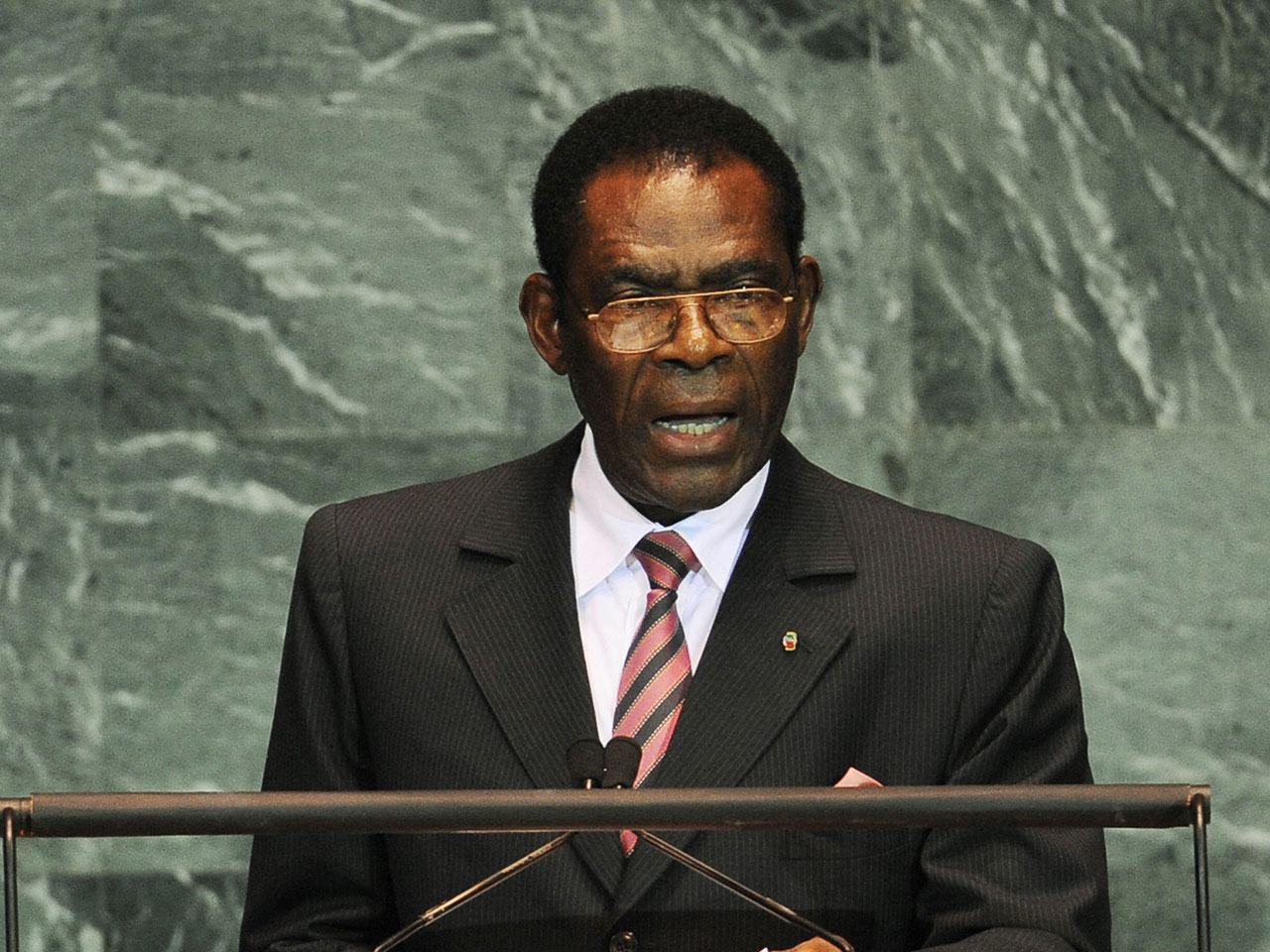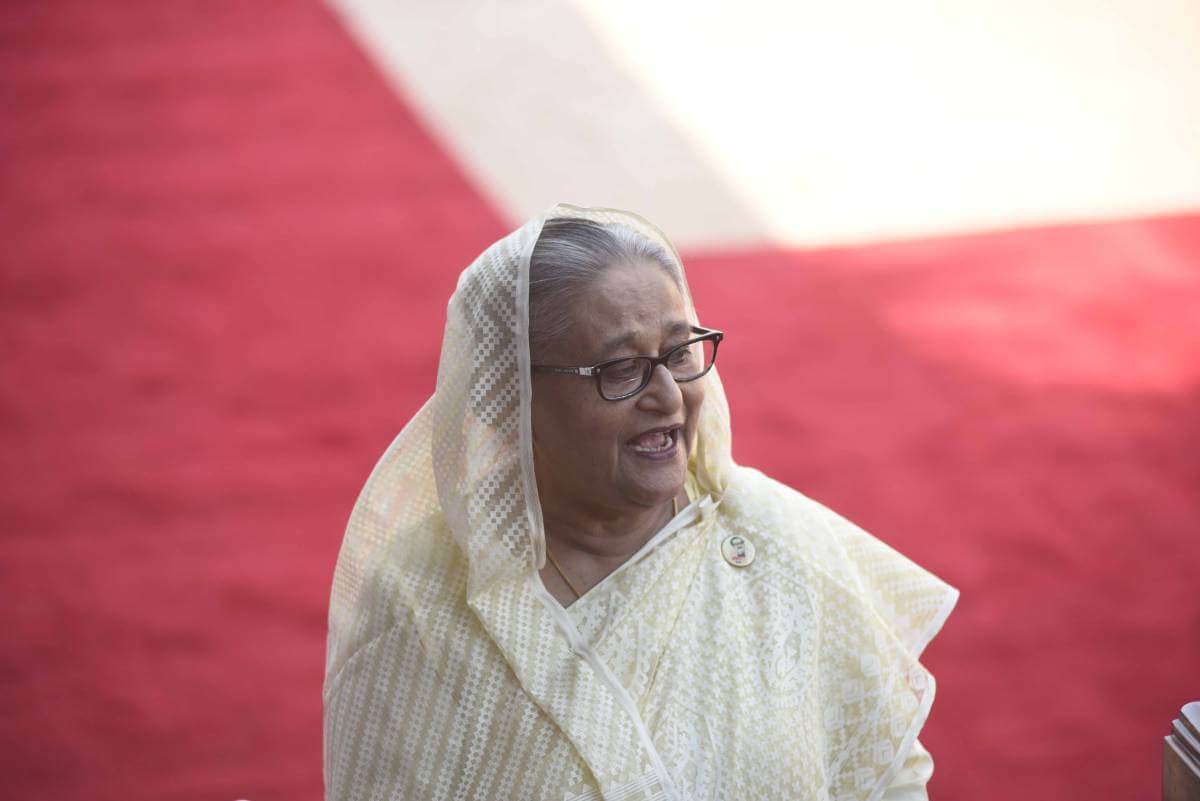South Asia
In a meeting with United States special representative for Afghanistan Thomas West, Pakistani Foreign Minister (FM) Bilawal Bhutto Zardari said ensuring peace and the economic growth of Afghanistan is a “priority.” The Pakistani FM emphasised on the importance of engaging with the Taliban in order to ensure long-term stability in the country. [Khaama News Press Agency]
Bangladesh Prime Minister Sheikh Hasina stressed on the need for enhanced support from the United Nations (UN) and the international community to repatriate Rohingya Muslims. She called on UN High Commissioner for Refugees Filippo Grandi to work with Myanmar on the Rohingya crisis. [BSS News]
Central Asia and the Caucasus
Kyrgyz President Sadyr Japarov said on Tuesday that he is willing to negotiate with Tajikistan to resolve their border dispute. Japarov told the 77th session of the United Nations General Assembly in New York that only a diplomatic solution can benefit the region. However, he stressed that he “does not intend to give a centimetre of its land to anyone.” Over 100 people died in clashes between Tajik and Kyrgyz border forces last week. [RFE/RL]
Azerbaijan on Tuesday handed over the bodies of 95 Armenian soldiers killed during deadly fighting with the Azerbaijani military in Nagorno-Karabakh over the previous week. The Armenian defence ministry said 207 Armenian servicemen died during the clashes. [Armen Press]
East and Southeast Asia
During his address to the United Nations General Assembly on Tuesday, Japanese Prime Minister Fumio Kishida said he is willing to meet North Korea’s authoratitative leader Kim Jong Un. “I am determined to meet with Chairman Kim Jong Un without any conditions and will miss no opportunity to take actions with all my dedication,” he said. Kishida added that his government is “prepared to engage in dialogue on matters of mutual concern.” [Channel News Asia]
A survey carried out by the Taiwanese Public Opinion Foundation found that 51.2% of respondents believed that China would succeed in invading Taiwan by force. Meanwhile, just 29.6% of respondents believe that Taiwan will emerge victorious in the event of a possible invasion by China, while 10.7% said it was difficult to tell, and 8.5% said they don’t know. [Taiwan News]
Europe
United Nations Secretary-General António Guterres raised concern about the fact that climate change is most heavily impacting already vulnerable countries. He suggested that developed nations, which account for the vast majority of emissions, must pay for the damage. [Euronews]
British Human Rights Ambassador Rita French expressed concern about the Sri Lankan government’s use of violence against peaceful protestors, who have also been arrested and detained under anti-terrorism laws. She also discussed the alarming reports of “continued militarisation” and forced disappearances. [UK Government]
Four Russia-controlled regions in southern and eastern Ukraine—Luhansk, Kherson, and some parts of Zaporizhzhia and Donetsk—will be conducting referendums in an effort to join Russia starting Friday. However, Ukrainian Foreign Minister Dmytro Kuleba condemned them, saying, “The referendums will change nothing… It’s an act of desperation for Russia, but it is not going to help them.” [Associated Press]
Latin America and the Caribbean
In his address to the United Nations General Assembly on Tuesday, Brazilian President Jair Bolsonaro offered asylum to Catholic priests and nuns suffering “cruel persecution by the dictatorial regime” in Nicaragua. He presented Brazil as a defender of religious freedoms. His remarks come a month after Nicaraguan police arrested Bishop Rolando Álvarez for his “destabilising and provocative” activities after he criticised President Daniel Ortega’s policies. [AFP]
On Tuesday, Mexican President Andrés Manuel López Obrador said that Mexico will present a peace proposal to resolve the Russia-Ukraine conflict at the ongoing United Nations General Assembly session in Washington. The proposal calls for the establishment of an International Peace Commission, headed by the UN Secretary-General, as well as heads of state from India and Vatican City, to halt weapons supply, suspend unilateral sanctions, prevent civilian deaths and displacement, and finalise a truce between Moscow and Kyiv. [TeleSUR]

Middle East and North Africa (MENA)
On Tuesday, Israeli Prime Minister Yair Lapid met with Turkish President Recep Tayyip Erdoğan on the sidelines of the 77th session of the UN General Assembly in New York. It was the first time since 2008 that Israeli and Turkish leaders have met. The duo hailed the complete normalisation of ties and vowed to improve security ties. [Times of Israel]
On Tuesday, the Tigray People’s Liberation Front (TPLF) said Eritrea launched a full-scale offensive against them, and Eritrean troops have joined the Ethiopian military. TPLF spokesperson Getachew Reda called the move an escalation and stressed that Tigrayan forces are “heroically defending” their positions. The United States said it is aware of Eritrean troop movements into Tigray. [Associated Press, Reuters]
North America
On Tuesday, Canadian Minister of International Trade Mary Ng announced $12 million for three development projects in the Philippines to strengthen its climate finance mechanisms, and achieve lasting peace and development in the Bangsamoro Autonomous Region in Muslim Mindanao. “Through my first visit to the Philippines, our government is deepening our people-to-people ties and creating more opportunities for business, investment, and trade,” she said. [Global Affairs Canada]
The United States Department of Justice charged 47 people and organisations related to the non-profit Feeding Our Future for the “brazen” theft of $250 million from the COVID-19 pandemic relief fund, which it said was the “largest pandemic relief fraud scheme charged to date.” The prosecutors accused them of spending the money on “houses in Minnesota, resort property and real estate in Kenya and Turkey, luxury cars, commercial property, jewellery,” and other personal expenses instead of providing food to needy children during the pandemic. [Washington Post]
Oceania
Australia will observe a minute of silence at 11 am on Thursday to pay tribute to the late Queen Elizabeth II. A national memorial service will also be held in Canberra on the same day, which has been declared as a national day of mourning. Prime Minister Anthony Albanese said the memorial service would be an opportunity for citizens “to pay respect to our faithful monarch for the past 70 years, her majesty Queen Elizabeth II”. “As we pay tribute to her majesty, I encourage all Australians to reflect on her remarkable life of dedication and service with one minute’s silence at 11am,” he remarked. [The Guardian]
New Zealand Prime Minister Jacinda Ardern announced an initiative to conduct research on social media algorithms, saying that “Companies, governments, civil society… will all benefit from this initiative.” She added that the initiative, which is being funded by the government and Microsoft, will “help create the free, open and secure internet we are all driving for.” [RNZ]
Sub-Saharan Africa
Equatorial Guinea on Monday abolished death penalty after President Teodoro Obiang ratified the country’s new penal code. Vice President Teodoro Nguema hailed it as a “historical and memorable” moment. Acting United Nations High Commissioner for human rights Nada Al-Nashif also welcomed the move, saying it contributes “to the enhancement and development of human rights.” Other African nations that have recently abolished capital punishment include Chad, Sierra Leone, and Malawi. [Reuters]
On Tuesday, Uganda Health Ministry declared an Ebola outbreak after a patient died from the virus in Mubende a day earlier. The infection was linked to the Sudan strain, and the World Health Organisation Uganda suggests that eight suspected cases are currently receiving medical care. Health Secretary Dr. Atwine revealed that community deaths have been observed in the same locality, and appealed to the people to remain calm, claiming that “we have what it takes to handle this epidemic precisely.” [Africanews]

